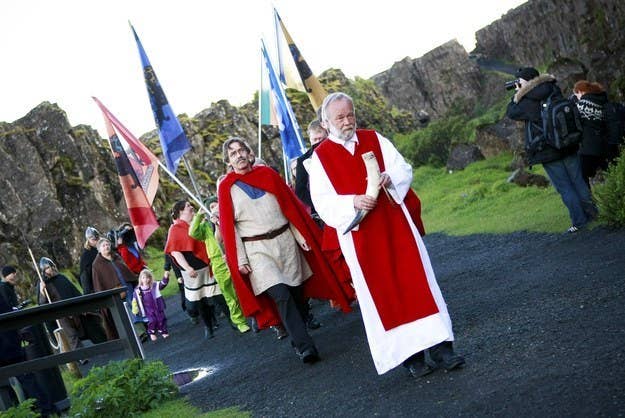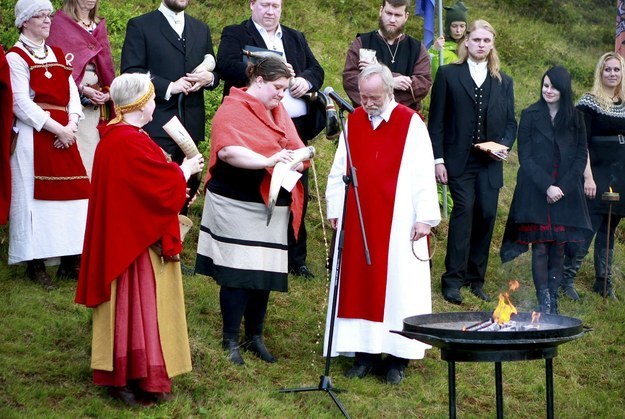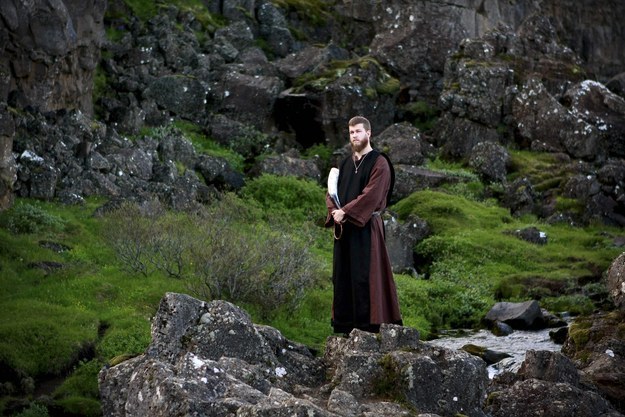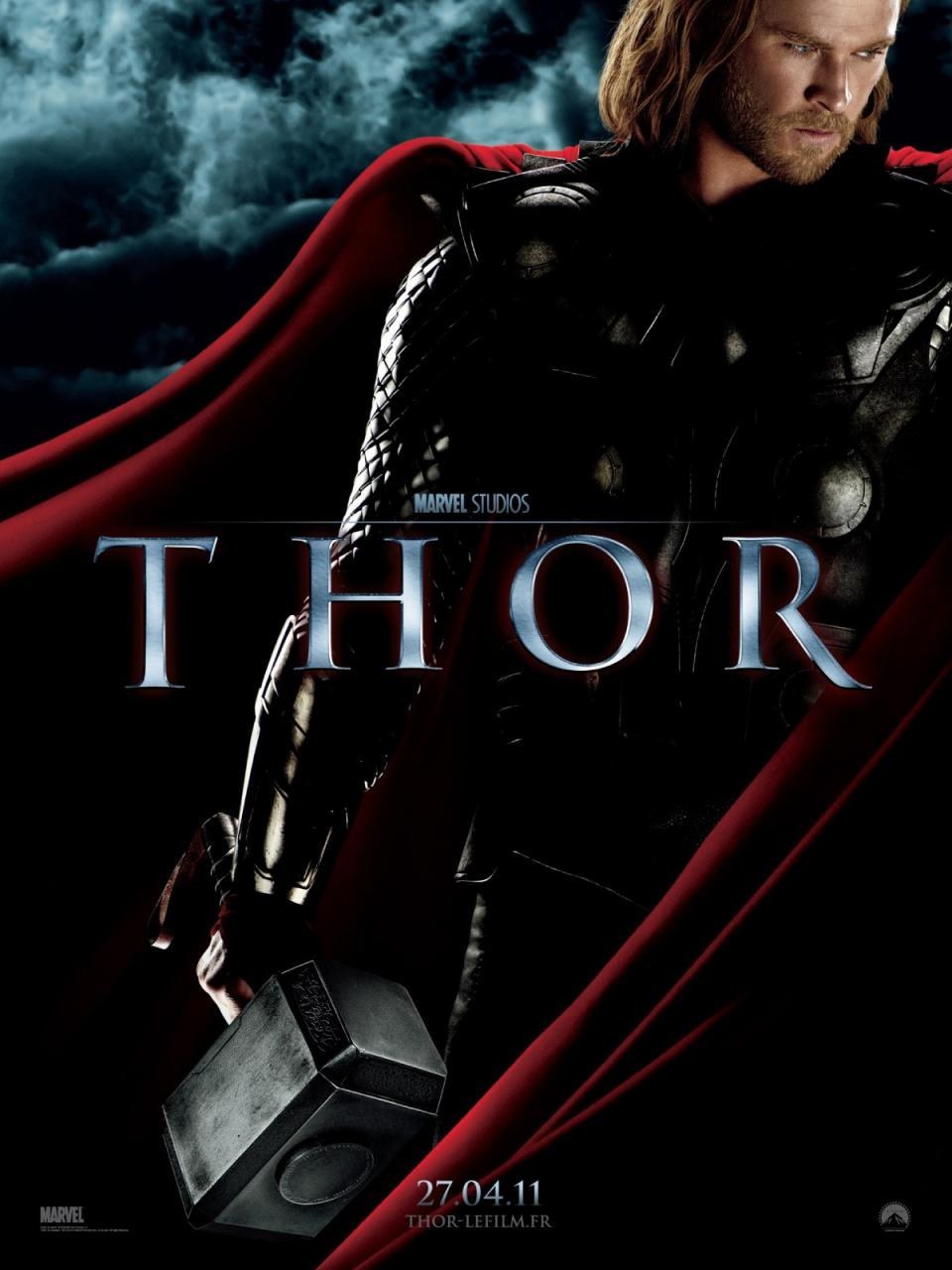A group of worshippers in Iceland is building the first temple dedicated to Norse gods in a millennium.

Iceland was thought to have converted to Christianity around 1000AD, meaning that the old Norse gods were left for sagas and story books and became part of Iceland's national history.
The last temple to be built in honour of the gods was thought to be in Uppsala, Sweden, around 1070.
But now the Ásatrú Association (from the Icelandic Ásatrúarfélagið, meaning "runic"), which was founded in 1972, is building the first temple in honour of Odin and Thor since the Dark Ages.
Work will start at the end of February and is scheduled to finish in summer 2016 and will cost an estimated 130 million Icelandic krona (about £650,000) although a second phase of construction is expected to last another 10 years, the group said.
The plans, seen here in a screenshot from a video at mbl.is show a simple but elegant design for a 350-square metre temple that will have space for 250 people.

Its origin is in mythical texts but the organisation is a real, working religious body – the new temple will house its offices as well as hold ceremonies, including weddings and funerals.

The Ásatrú's high priest, or alsherjargoði, is Hilmar Örn Hilmarsson – pictured above conducting a ceremony at Þingvellir, or Pingvellir, the site of Iceland's ancient "Althing" parliament, in 2012.
He explained to BuzzFeed News that while it is surging in popularity, the religion never really went away:
This is a religion that had to move underground for a number of centuries, but in Iceland it didn't really go away in the sense that we always treasured the religious poetry, the old stories and the myths.
They were part and parcel of how to be a poet, so they were passed on as written texts for centuries and they've always been a massive part of our national character and how we see ourselves and how we think.
He said that followers of Norse mythology like to see their texts and stories as equal to that of classic literature:
There was a huge interest in the 15th, 16th and 17th centuries. It's nothing really new. People realised quite early on that this was a unique contribution to world literature because we were always comparing ourselves to the rest of the world.
Our forefathers and foremothers realised that we had something that compares to the classical mythology of Greece and Rome. It's always been a source of pride.
Official figures say that Ásatrú followers in Iceland number just below 2,500 but Hilmarsson says it's now above 3,000 and the group is on course to represent 1% of Iceland's population. It's already the biggest non-Christian faith in the country and the sixth-biggest overall.
So do followers of this faith believe in Odin and Thor? Hilmarsson says some people do, but for others it's more complex:

It's very personal. People vary in their approach. Some people see them as archetypes, and others see them as forces of nature. It can change from year to year, or decade to decade in a person's life.
A lot of people see Thor as a friend of mankind and seek him out for strength and Freya would be very good for affairs of the heart and so on. But with polytheistic religions there's not real script telling you how to behave, it's something you work out for yourself.
And what do followers of ancient Nordic religion make of the Marvel comics and films depicting the lives of their gods? Hilmarsson told us:

We're not really that bothered. This has been part of European culture for 300 years. People have been writing operas, like Wagner, and other things for a long time.
So it's nothing new and in some ways we've been enriched by it. In some ways it can be a bit silly. But in the wider context we're not really bothered and mostly amused.
